The Rainforest Alliance's Work in Peru
Peru: Where indigenous knowledge, climate science, and global markets meet.
Home / Regions / South America / Page 9
Spanning nine South American countries and 7 million sq km (2.7 million square miles), the Amazon is the world’s largest forest and is home to more than 120 indigenous groups and one in 10 known species. One-fifth of all freshwater on the planet originates in the Amazon Basin. Unparalleled in its biodiversity, the Amazon is also critical to global climate stability.
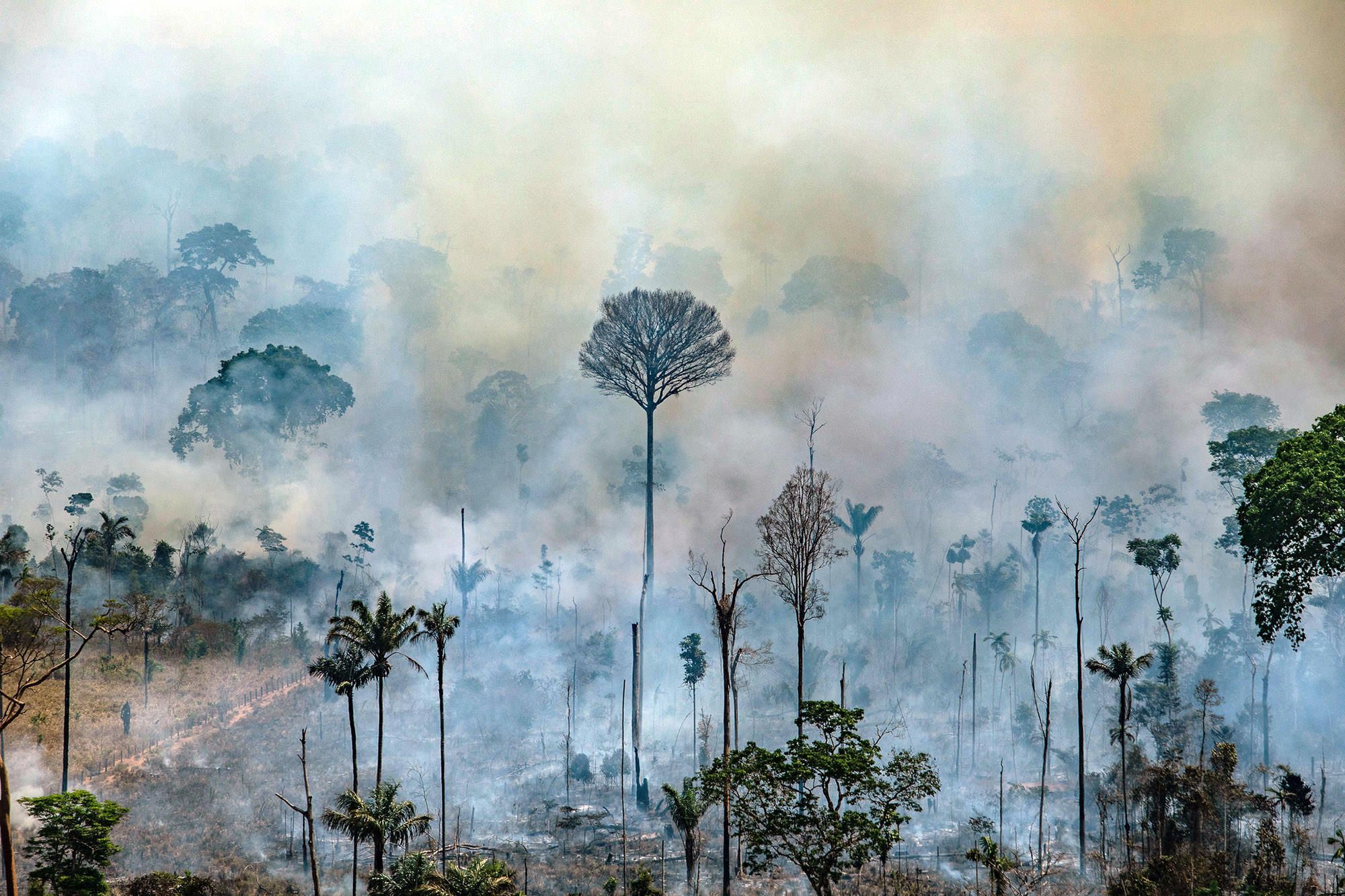
Humans have razed some 20 percent of the Amazon rainforest over the last 40 years alone, and an additional 20 percent is at risk of being destroyed—a potentially catastrophic loss that would cause this vital ecosystem to unravel. Read our response to the forest fire crisis in the Amazon.
The most important impact of our work in high-risk regions of the Amazon—self-determination—is not quantifiable. However, we continually gauge the success of our approach by measuring both ecosystem health and the economic and social well-being of our partner communities.
![]()
in Brazil nuts exported from Madre de Dios, Peru
After working with the Rainforest Alliance for four years, communities in the Madre de Dios region of the Peruvian Amazon exported more than 4,000 metric tons of shelled Brazil nuts, representing a value of nearly US $31 million. Read the study
![]()
under sustainable management in South America
We’re working with forest communities, farmers, governments, and companies to conserve the Amazon Basin and protect its precious biodiversity. Together with our partners, we’ve brought 18 million acres (7.3 million hectares) under sustainable management.
This number includes Rainforest Alliance Certified agricultural land and FSC certified forest land, including land certified by our Brazilian partner, Imaflora. Data accurate as of March 21, 2018.
Stopping deforestation in the Amazon requires bold, multi-faceted strategies that center indigenous forest communities and support their self-determination. This approach characterizes our work in the Amazon, where we work with a wide range of communities and partners to cultivate a sustainable forest economy.
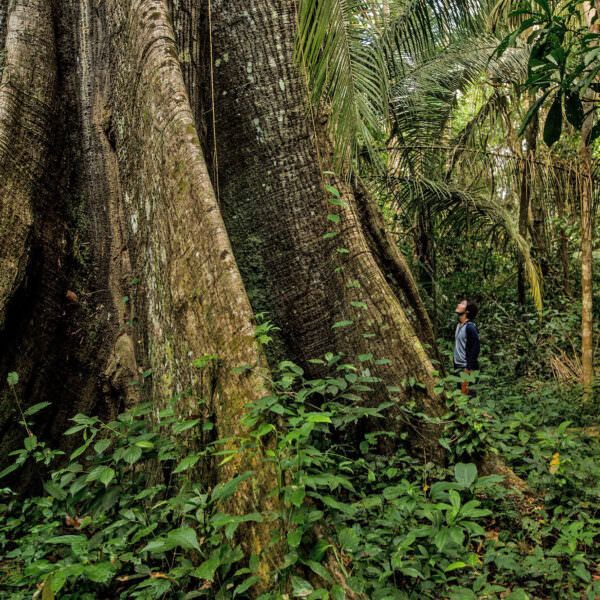
Peru: Where indigenous knowledge, climate science, and global markets meet.
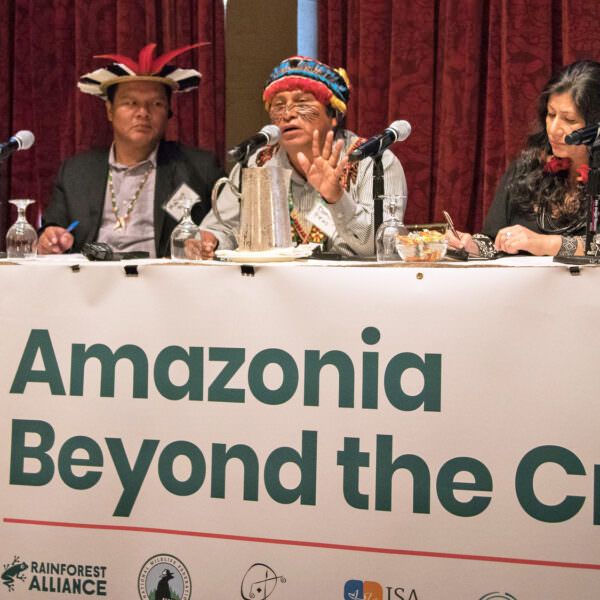
Together with our allies, we have drafted a call to action to save the world’s largest and most important rainforest.
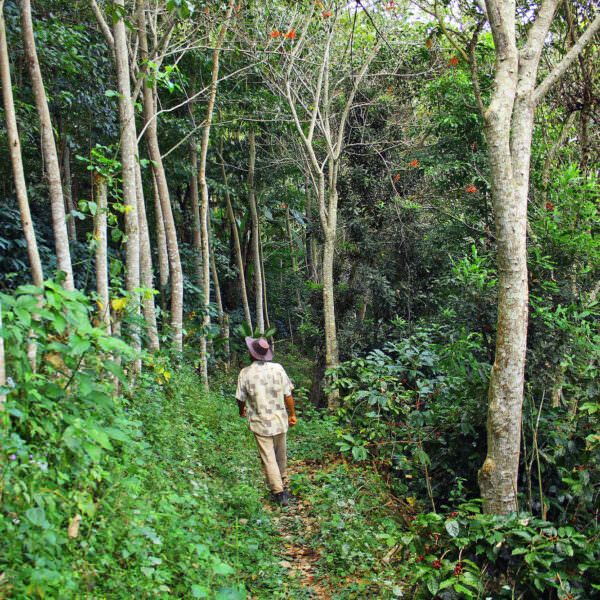
A family transformed their coffee farm into a resilient landscape—and improved their income.

Over the last two decades, countries across the tropics have devolved increasing authority over natural forests to local actors. While decentralizing control over natural forests is a step in the right direction, it is also clear that community forests can actually face increased pressure for conversion once they’re handed over. In this context, the capacity […]
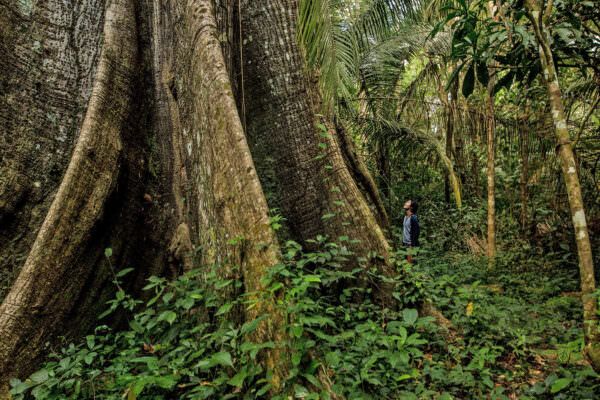
The people of Madre de Dios are sustainably managing more than 197,000 acres (80,000 hectares) of forest.... Continue Reading

The Business Case and Investment Opportunities for the Public and Private Sectors to Restore Degraded Ranching Lands In Ecuador, Colombia, Brazil, and across the Amazon, there is a growing trend to restore degraded lands to productive uses as part of the agendas for national economic development and climate change mitigation.

A Case Study of Work with Tres Islas Native Community (Madre de Dios, Peru) The last two decades have seen a marked shift towards decentralized forest management in developing countries. Upwards of 30 percent of forests in the tropics is now under some form of local control (RRI 2014). Most of this area is located in […]

A Case Study of Work with Brazil Nut Producer Associations (Madre de Dios, Peru) The Brazil nut is one of the world’s most widely consumed non-timber forest products (NTFP). It is also one of a relatively small number of globally traded commodities that is helping to save threatened forests. Harvested from the fruit-fall of giant […]

The Workshop, which was organized by the Rainforest Alliance and Citi and received support from Imaflora and the Cornerstone Capital Group, took place in São Paulo, Brazil, on April 24, 2015. The purpose of the workshop was to build a learning opportunity for the Brazilian and international banking industry, corporate supply chain participants and certification […]